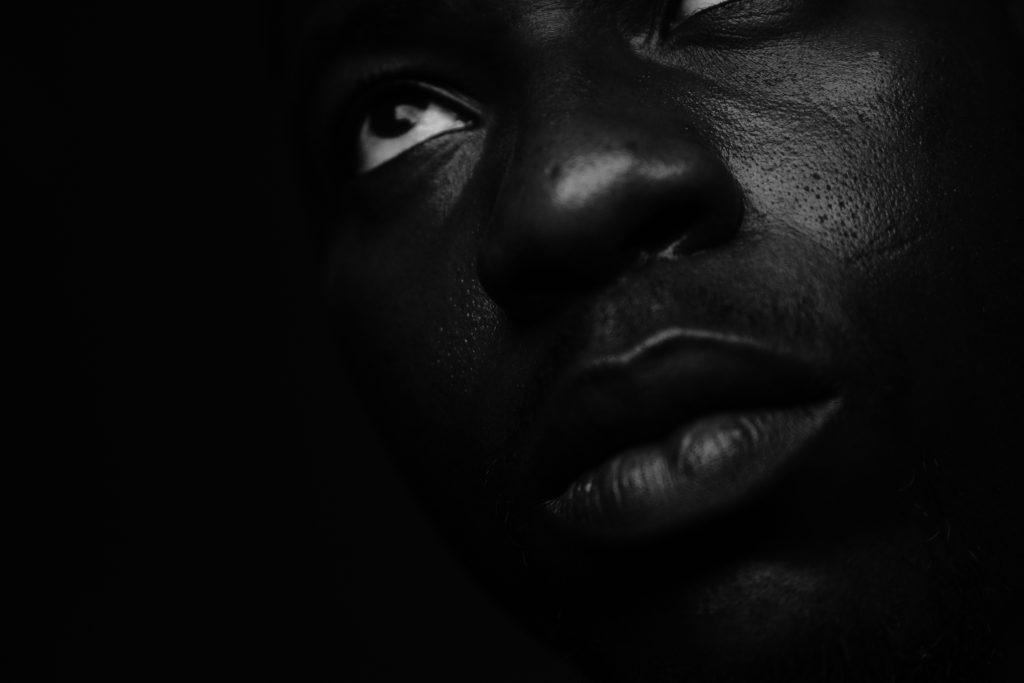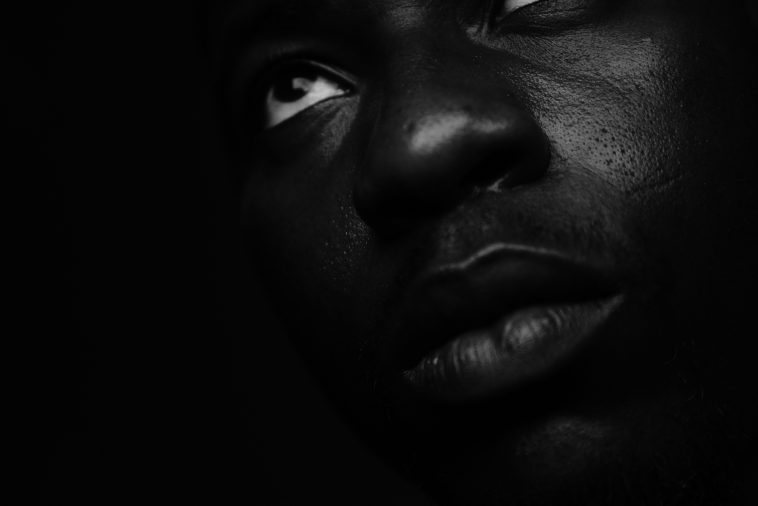
Boys are often taught to “toughen up” in order to be strong in the sense that society defines it, to avoid being overly emotional. He is made fun of if he cries. He is told to “man up” if he speaks too softly. Silence, fear, and emotional repression are woven into masculinity from an early age.
Men’s mental health awareness was the focus of the month of july, and to be honest, I’ve been torn about writing this article, especially as it relates to men. However what about simply redefining masculinity…
“What if being a strong man meant learning how to heal pain instead of just putting up with it?”
This is the core of what mentor and American author Jason Wilson refers to as the comprehensive man. (I have to admit, I think I listen to him a bit too much). A man who fights his internal battles as well as his external ones. A man who leads with integrity rather than ego. A man who speaks, listens, prays, thinks, and feels. Whole but not flawless.
How Boys Learn to Be Men
Imitation is how most boys learn manhood. They imitate what they observe, fathers who give but don’t explain, uncles who flaunt their wealth but never model wisdom, command respect, attract women, and amass wealth without ever displaying emotion.
Men rarely sit down to receive serious life lessons from other men. It is rare to see fathers engaging in genuine conversations with their sons. Instead, it’s “watch how I move” not “let me explain why I moved that way.”
These boys aren’t given hugs, validation, or permission to feel as they grow up. They end up expressing affection in confused, frequently sexualized ways.
The Unspoken Pain of Men
Women do bear the burdens, as we frequently discuss. Yes, also many men carry invisible wounds from overly loving mothers (actually it is said that majority of men in uganda are mama’s boys) or fathers who were never emotionally present, trauma brought on by abandonment and poverty.
In Uganda, men committed suicide at a higher rate than women in 2022. Men are nearly twice as likely as women to commit suicide, and many of them suffer in silence without ever seeking assistance, according to WHO statistics.
Why?
Because they were raised to believe that seeking assistance is a sign of weakness. Because it is perceived as feminine to open up. Because there aren’t many spaces where men can be broken, vulnerable, and in need of grace.
And so, they bottle it up. Until it spills over in the form of alcoholism. Rage.
When Tradition meets Today
Honestly, our elders, fathers, and grandfathers did the best they could.
The world is evolving. The emotional demands of leadership, marriage, fatherhood, and even religion have changed. As they grow up, boys have questions they don’t know how to ask.
These days, we need emotional guardians in addition to physical providers. Men who build safe homes, not just houses. Men who attend school meetings in addition to paying fees. Men who publicly grieve for their brothers rather than merely attending funerals. Men who can be respected even if they say, “I’m not okay.”
Given this enlarged definition of manhood, some may wonder:
But Wait, Isn’t Emotional Labor a Woman’s Role?
We’ve been fed the belief that women are the “emotional ones.” The feelers. The fixers. The listeners. The ones who remember birthdays, check in, hold space, and hold it together.
But that is a societal construct. I don’t know about you, but am a believer. Jesus was the epitome of manhood and he didn’t outsource compassion. He embodied it. He wept, he listened, he cared, he sat with people in pain. This was His example of comprehensive masculinity.
Yet in today’s world, emotional labor still falls heavily on women both at home and at work. Studies show, women do 70–80% of emotional support in relationships and Men are often expected to receive emotional care, not offer it. In most households, women carry the “mental load” while men carry the title “head of the home”.
However, what if leadership is emotional labor? What if one of the most crucial qualities a man can develop is actually being emotionally available?
Not only to women, but also to sons and other men. Men need emotionally safe relationships with other men. Not only to connect over current events or football, but also to break cycles and process pain. Men will continue to dump their pain on women, who are already weary, emotionally drained, and sometimes wounded in the process, if they don’t create these spaces.
A woman can’t keep a man stable. Men also require other men to help them process and balance their feelings.
What Is a Comprehensive Man?
Jason Wilson, who runs the Cave of Adullam in Detroit, defines the comprehensive man as one who is spiritually sound, emotionally balanced, mentally disciplined, and physically capable.
He is not controlled by emotion, but he’s not ashamed of it either. To feel manly, he doesn’t have to be in charge. In Wilson’s mentorship programs, young boys are taught to fight but not just with fists. They learn to fight their fear. Their insecurity. Their anger. To cry, to speak the truth, and to embrace love without shame.
Now imagine what would happen if that kind of teaching existed in Uganda.
What if we taught our boys that crying is a way to let out their pain rather than a sign of weakness? That a man who discusses his trauma is not “soft,” but rather strong enough to confront his past and shield others from it? That an apologetic man is wise and not submissive?
This does not imply that tradition must be abandoned. It means we need to think about manhood in a broader sense.
A Call to Redefine Strength
“A man is a pillar,” we say. However, under pressure, even pillars can crack. We need mentors, fathers, coaches, pastors, and even mothers to begin having different conversations. To ask our boys, “How are you?” and mean it. To tell our sons, “It’s okay to feel. It’s okay to ask for help.”
Final Word
We need men who value their homes the same they value their work. Men who protect their families, the same way they protect their properties.
The kind of men our sons will want to become. The kind of men our daughters will feel safe with. The fact that so many men thrive greatly in their work but disregard their homes speaks volumes. And it is unfortunate that this is what young men see, if they don’t want to turn out like that, they have to redefine masculinity for themselves and decide the man they want to be.
#ConversationsChangelives #MensMentalHealth
This post was created with our nice and easy submission form. Create your post!






